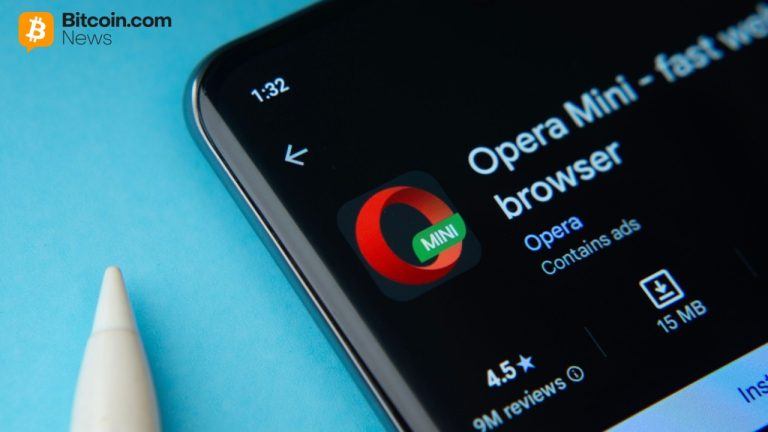Prepaid gas deals are rebounding, led by issuers in the Southeast
4 min read
Issuers in the Southeast are reigniting the prepaid energy bond market, leading a wave of demand for the long-term, fixed rate natural gas agreements.
Buoyed by federal stimulus and stronger-than-expected recent tax collections, traditional municipal markets rallied in the months and years after initial COVID-19 lockdown measures. Demand for prepaid natural gas transactions, however, which are structured as tax-exempt bond sale agreements between a municipal utility provider and private energy supplier, remained stubbornly low despite a strong hike in issuances prior to the pandemic.
In a report, Moody’s Investors Service blamed unstable economic conditions and a budget crunch at all levels of government for the drop off.
Along with a general decline in gas consumption during the early months of the COVID-19 pandemic that unsteadied markets, municipalities began to focus on short-term budgetary needs and the credit agency recorded an 80% dip in the prepaid issuances rated, from an annual average of $7.8 billion in related issuances prior to the pandemic, to less than $1.4 billion in 2020.
An uptick in activity in the second half of 2021 followed by a strong performance for prepaids in 2022 resulted in four times the number of deals this year than two years ago, evidence of a changing equation presenting municipal utilities with renewed “economic motivations” to pursue long-term energy arrangements once again, said Dennis Pidherny, a managing director at Fitch Ratings.
“Prepaid transactions are now particularly appealing for municipal entities quite simply because they get to buy gas at a discount to market,” Pidherny said. “That’s what hooks them into these transactions. That’s the motivation and the incentive, and there really is no shortage of utilities that wouldn’t love to buy gas at a discount.”
Energy consumers and providers have had to contend with a general increase and ever-present instability in the price of natural gas for most of the year.
Along with inflation, Russia’s war on Ukraine has had a profound effect on global energy prices as some of the world’s largest consumers of crude oil uphold absolute bans on energy imports from one of its largest suppliers.
Despite the U.S. tapping its strategic crude oil reserves earlier in the year in an attempt to bring prices down, low production quotas from other global suppliers kept the market in a squeeze, rippling down the supply chain and sending municipal utility providers, both large and small, in search of stable prices amid the unstable environment.
Prepaid deals often hold certain unique features that create robust guardrails appealing to both buyers and suppliers.
Most transactions are issued as 30-year notes with mandatory 10-year redemptions, offering municipalities flexibility to address market fluctuations and readdress contracts over the mid-term.
“It’s a reset after 10 years to recalculate the discount, and if the offers not good enough, you don’t have to buy gas,” Pidherny said. “That’s the kind of the tenor in the bond market where you could actually generate enough savings and enough discount to make it work.”
The bonds are issued through special-purpose conduits, and backed by an increasing number of large and credit-healthy investment banks that’ve began to seek profits in the prepaid market, another feature of the transactions that help “protect everybody involved,” Pidherny said.
Ratings on the bonds are often linked to the issuer default rating of those specific banks.
In November, Fitch upgraded seven separate series of prepaid gas bonds to A-plus from A, in line with an upgrade given to Morgan Stanley, the guarantor and middleman of between buyer and supplier on the upgraded deals.
In October 2021, Bloomberg reported an increased in prepaid issuances at the tail end of the year as more banks waded into market, driven by a growing gap between tax-exempt and taxable yields.
As banks borrow at a tax-exempt rate, the decision is “almost an arbitrage between taxable rates and tax-exempt rates, which tend to move up and down over time,” Pidherny said.
“If you look back historically, even after the 2008 financial crisis, there weren’t a lot of investors that were really eager to sign up, so banks really couldn’t sell that debt at attractive levels,” he said. “Now as their credit quality has gotten better they’ve been able to tap the markets at pretty attractive costs and reinvest in reasonably good returns.
All but one of Fitch’s recent upgrades was for local energy providers in the Southeast, pointing to a potential return of a trend that saw the region as a leader in the prepaid natural gas market in the years preceding the pandemic.
In 2018, the municipal energy providers across the 11-state region struck more prepaid agreements than anywhere else in the nation, with the six largest issuances in Georgia, Alabama and Kentucky, totaling $5.2 billion. Those deals also ranked among the largest on any municipal financing deals contracted that year in the region.
After the economic interruptions presented by the COVID-19 pandemic made such transactions uneconomical, the shifts seen in the energy markets today have made them appealing once more. Whether the volume of prepaid gas transactions will see a corresponding uptick elsewhere in the nation is not clear.
Individual states have reacted differently to shifting economic tides propelling them from one crisis to the next, Pidherny said.
“In terms of the motivation for municipalities getting into these transactions as themselves, that discount is not necessarily guaranteed,” he said. “To the extent that you’re not able to achieve that discount, then the transactions can actually wind down.”







